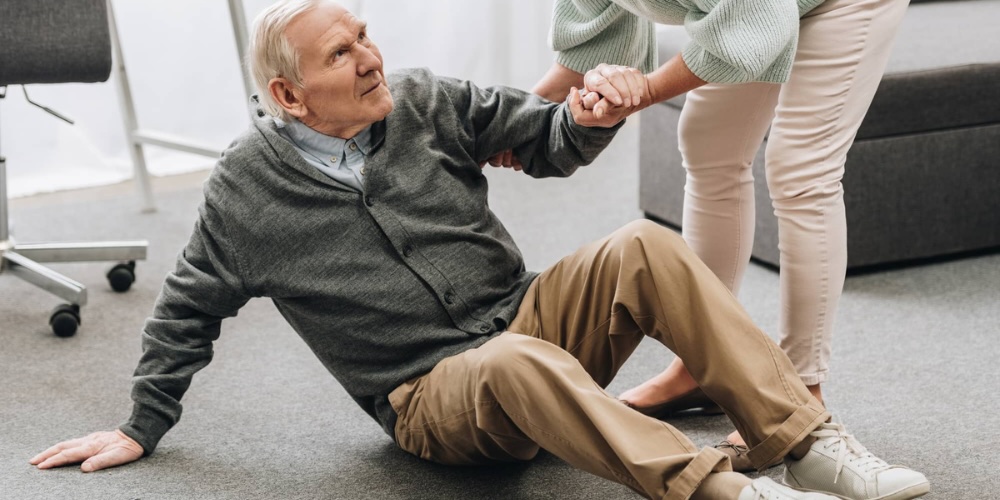The Art of Falling: How to Tumble Safely and Tips to Stay Upright

While it might sound odd, learning how to fall safely can help prevent serious injuries. The statistics don’t lie: according to the CDC, more than 1 in 4 seniors experience falls every year, leading to over a million hospital visits. But falls aren’t just a concern for older adults—they can happen to anyone.
So, why not be prepared? Here’s a guide on how to fall correctly and some practical tips to reduce your chances of falling in the first place.
How to Fall the Right Way
- Aim for Something Soft
If you’re heading for a tumble, try to direct your fall towards a surface that can absorb some of the impact. If you’re outside, aim for grass, mulch, or a soft patch of dirt. If you’re inside, falling toward a couch or a carpeted floor is your best bet. - Land on Your Butt
Your glutes are some of the largest muscles in your body and can absorb a lot of impact. Try to twist your body so you land on your backside—just avoid your tailbone, as that could lead to more pain, and steer clear of landing directly on your hip. - Stay Relaxed and Roll
One of the worst things you can do during a fall is tense up. When your body is rigid, it’s more likely to sustain injuries. Instead, try to relax and think about bending your knees and rolling into the ground. Rolling helps distribute the force of the impact and can reduce injury risk. - Protect Your Head
Tucking your chin to your chest as you fall can help prevent your head from hitting the ground, which reduces the risk of concussions and neck injuries. It’s a simple move that can make a big difference.
Related: The Average Child Will Have 104 Boo Boos Each Year!
Lowering Your Risk of Falling
Of course, knowing how to fall is useful, but preventing falls is even better. Here are two ways to reduce your risk:
- Stay Active: Regular exercise helps maintain balance and strength, making you less prone to falling. Simple activities like walking, yoga, or strength training can keep your body in top form.
- Check Your Vision: Being able to see obstacles is key to avoiding them. Make sure to get regular eye exams to catch any changes in your vision early on.
Falling might not be something you think about often, but being prepared can make all the difference. Stay safe, stay active, and keep an eye on what’s ahead!
Beat FOMO by being in the know!
Sign up for our newsletter today and never miss a beat.






